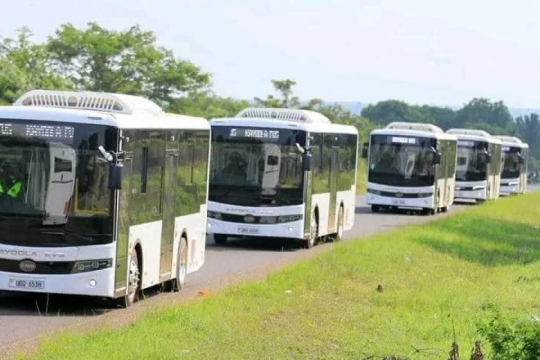Energy efficiency and reduced emissions are vital for Uganda's economic transformation. EfD researchers, in collaboration with civil servants participating in the Inclusive Green Economy Program (IGE), have assessed the current state of e-mobility, awareness, and perceptions about the dangers of using fossil fuel-powered engines and the benefits and challenges associated with e-mobility systems.
The key findings show that while Uganda seeks energy efficiency through promoting e-mobility, actors within the transport sector are still dissatisfied by the outdated laws that may not adequately accommodate e-mobility developments, the counterfeits in electric batteries, the lack of battery charging or changing stations and the scarcity of specialized mechanics in the country to handle electric automobiles. This brief recommends updating the current laws and policies to promote e-mobility developments, earmarking support for e-mobility innovations, and increasing investments in the battery charging network.



